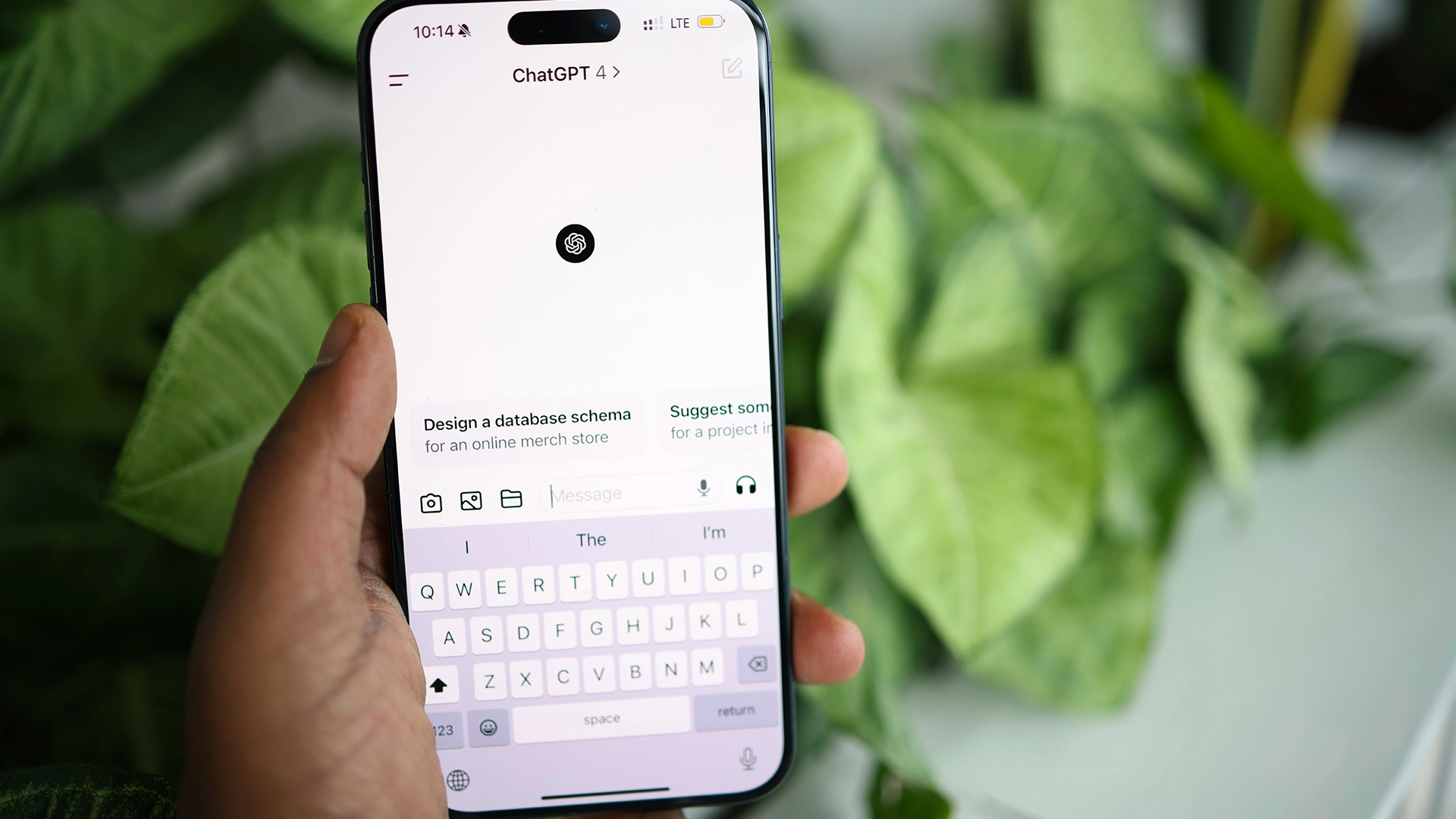
Image by SOlen Feyissa, from Unsplash
World’s Largest ChatGPT Study Shows How The Bot Shapes Daily Life
OpenAI released on Monday what it calls “the largest study to date of how people are using ChatGPT,” exploring how the chatbot is shaping daily life and work.
In a rush? Here are the quick facts:
- ChatGPT adopted by 10% of world’s adults by July 2025.
- Over 700 million weekly users send 2.5 billion messages daily.
- About 49% of chats are for advice
The study, conducted with Harvard economist David Deming and published as a National Bureau of Economic Research (NBER) working paper, analyzed 1.5 million conversations.
“We’re releasing the largest study to date of how people are using ChatGPT, offering a first-of-its-kind view into how this broadly democratized technology creates economic value through both increased productivity at work and personal benefit,” OpenAI stated.
The study reveals that ChatGPT user base grew to 700 million weekly active users who sent 2.5 billion daily messages. The chatbot has been used by around 10% of the world’s adult population by July 2025.
Research indicates that worldwide adoption rates have increased, especially in low- and middle-income countries, where growth has been over four times faster than in richer nations.
One major finding is that the early gender gap in usage has closed. “As of mid-2025, ChatGPT’s early gender gaps have narrowed dramatically, with adoption resembling the general adult population,” the report said. By July 2025, more than half of weekly active users had female first names.
Most people are turning to ChatGPT for everyday tasks. According to the research paper, “the three most common ChatGPT conversation topics are Practical Guidance, Writing, and Seeking Information, collectively accounting for nearly 78% of all messages.”
Writing dominates work-related tasks, while personal queries such as reflection, advice, and play are growing quickly.
OpenAI explained, “About half of messages (49%) are ‘Asking,’ a growing and highly rated category that shows people value ChatGPT most as an advisor rather than only for task completion.”
However it is important to note that earlier results from a study by OpenAI and MIT examining ChatGPT’s effects on users’ well-being, showed some potentially worrying trends.
Results showed that heavier use of the chatbot, especially for more personal inquiries, reported greater loneliness, isolation and reliance on the system. The researchers did not present solutions yet they demonstrated that sustained, intimate AI interactions can affect mental health.
While ChatGPT drives productivity and guidance, the study also warns that heavy, personal use may impact users’ mental well-being over time.


 Previous Story
Previous Story

 Latest articles
Latest articles 